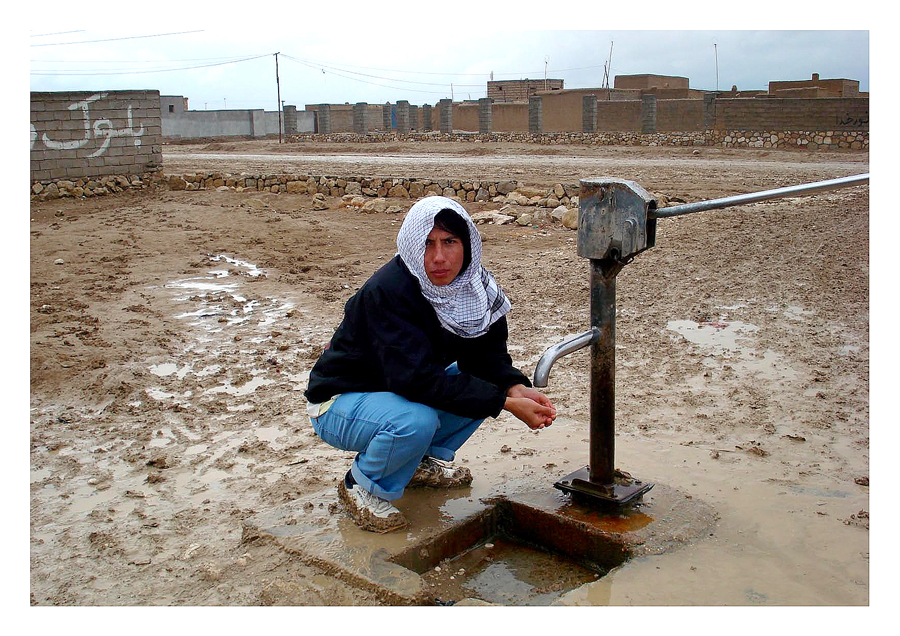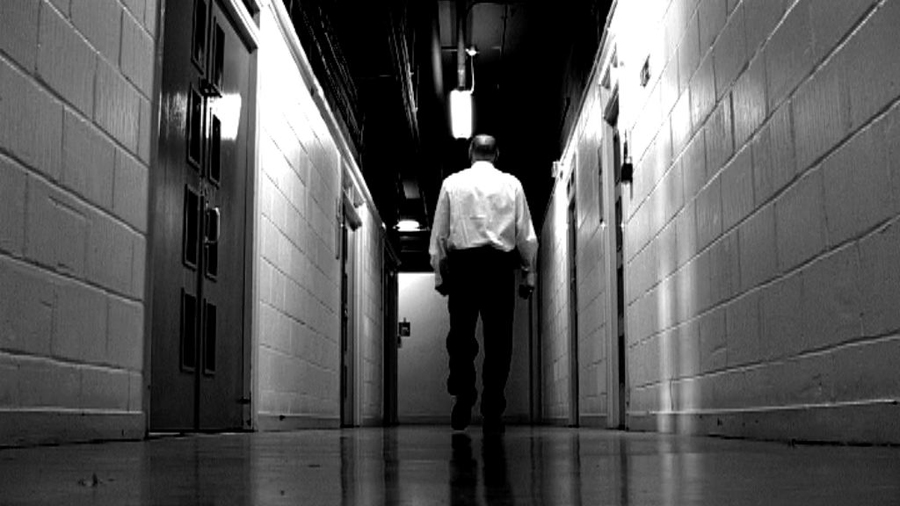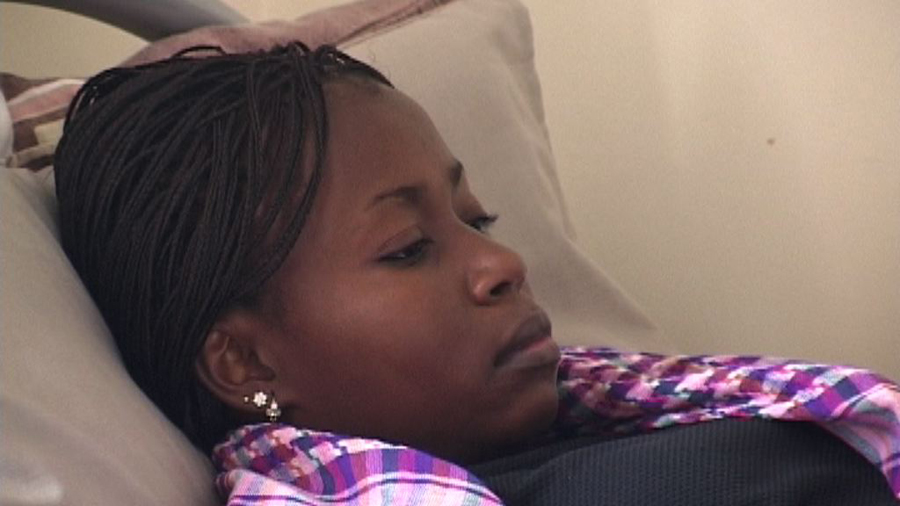Double documentary screening explores asylum in the UK
An anti-deportation campaign group is hosting a documentary screening on detention and deportation in the light of recent news that G4S security guards will not face charges for the death of Angolan refugee Jimmy Mubenga, who collapsed while being escorted on a flight from Heathrow airport in London.
The National Coalition of Anti-Deportation Campaigns (NCADC), who will host the free event this Tuesday 24 July at 93 Feet East on Brick Lane in East London, laments the decision not to bring a charge of corporate manslaughter on the private security firm and believes that accountability for the insitutionalised abuse of those seeking sanctuary in the UK seems further away than ever.
Lisa Matthews of NCADC said, “This incident is just one of many examples of the detention and deportation machines being used to silence the voice of migrants, divide communities and try and make us forget that asylum seekers and other migrants are individuals with human stories to tell.”
NCADC will screen two documentaries; Hamedullah: The Road Home and How Long is Indefinite?, which both claim to highlight injustices of the asylum and immigration systems. The screenings will be followed by a panel discussion with the directors of the documentaries, young people from Afghanistan, ex-detainees, Lisa Matthews of NCADC and Kate Blagojevic of Detention Action.
Hamedullah: The Road Home, which won Best Short Documentary at the London Independent Film Festival, tells the story of a young Afghan who claims asylum in the UK, and his struggle to cope after being deported on a ‘ghost’ charter flight back to Afghanistan.
UK film director and screenwriter Sue Clayton filmed Hamedullah and his friends up to the day he was deported. Clayton gave Hamedullah a small video camera when he was deported, hoping to find out whether he would survive in Afghanistan.
Clayton has made over 20 award-winning films for BBC and Channel 4, including The Disappearance of Finbar with Jonathan Rhys Meyers. “A lot of my films are about people who go on journeys, and what people are looking for in their lives and how they change. Are they running to something or from something and who do they become when they go on a journey?
“I thought about these unaccompanied children; who do they grow up to be, do they feel Afghan, do they feel British? So my real inspiration wasn’t even the political side at first, it was more about how you put your identity together every morning, what makes you you, is it your friends, your music, do you really cling onto your family and your past or do you have to let that go? So it was a sort of emotional interest in how they keep themselves going, because a lot of them are very positive, so how do they face each day with all that difficulty behind them?”
How Long is Indefinite?, directed and produced by Alexis L Wood, claims to be the first documentary to expose detention without a time limit being exercised on thousands of immigrants in Britain every day.
The film follows the lives of three people caught in immigration limbo and detained for almost four years between them. They cannot be removed from the UK, yet they remain detained in prison at an average cost of £40,150 each, per year to the taxpayer.
Wood, assistant producer at DocHouse in London, said she made this documentary because she wanted to represent the main issues leading to detainees caught in detention limbo.
“I made a film for people to actually see the faces, the families and the lives of people detained which is so easy to forget when we are given statistics of people removed, told that they are illegal and without rights. In fact the case is not so simple and many are never removed from the country but held in detention indefinitely.
“The longest case we know about is someone being detained for 8 years. Many are held for several years wondering each day if they will ever be released or be removed to a regime in which they fear for their lives. I want my film to make people empathise with the people in this situation and realise that it is happening to thousands of people every day.”








